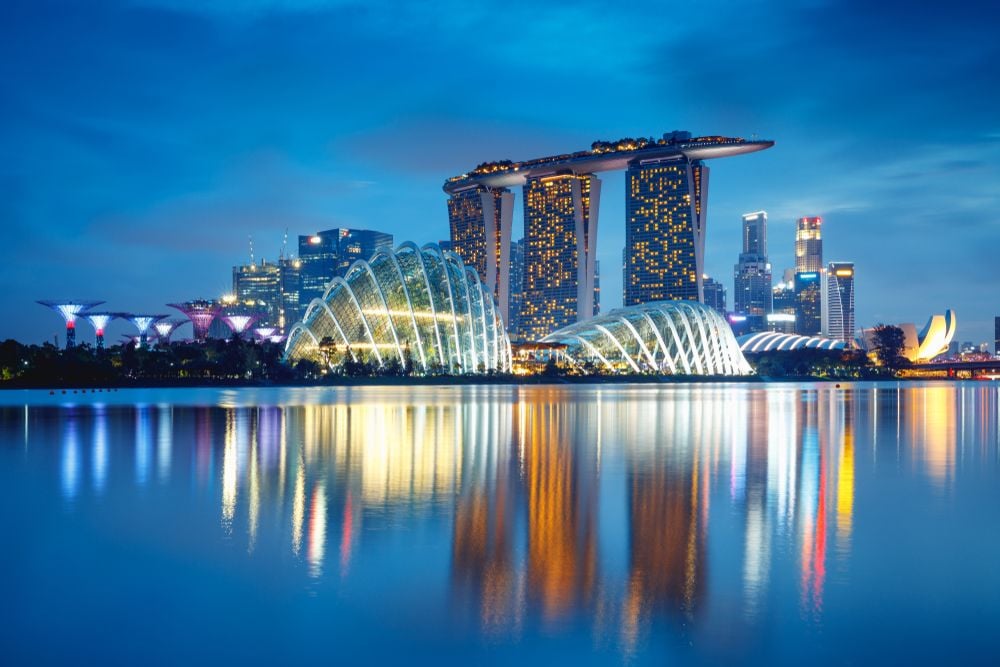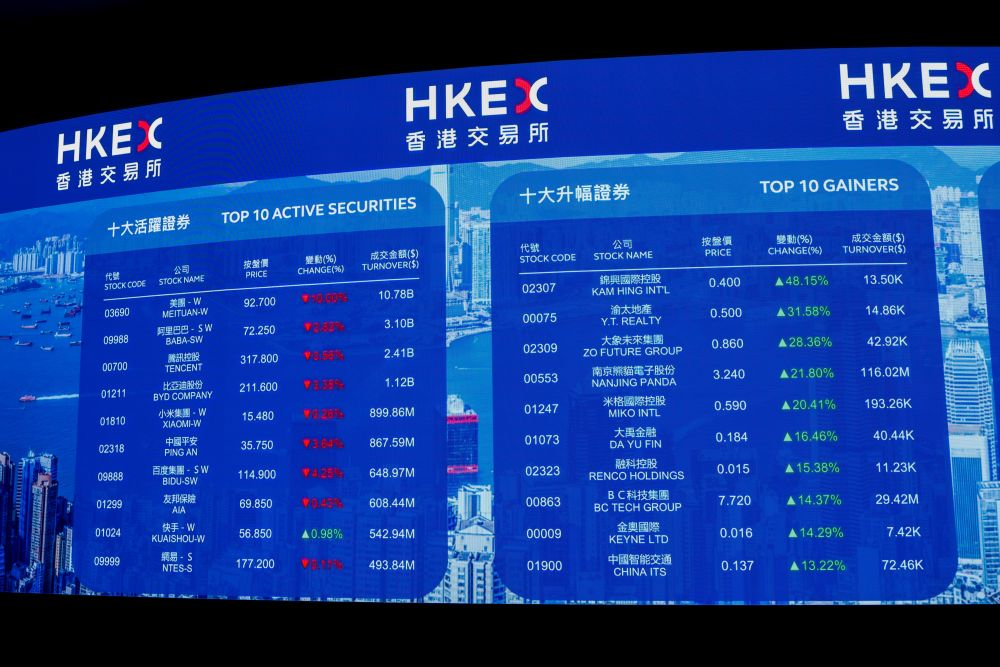Vietnamese authorities have approved a loan conversion by Thai Beverage (ThaiBev) to shift its entire loan amount and interest in Vietnam's Sabeco of US$4.8 billion into share capital.
Given the go-ahead, Thailand's largest beverage maker is to convert the loan from its indirect wholly-owned subsidiary BeerCo to Vietnam Beverage in relation to the December 2017 acquisition of ordinary shares in Sabeco, Vietnam's top beer producer.
This M&A deal saw ThaiBev buy into Sabeco with an astonishing US$4.8 billion, securing a 53% share. In Vietnam, the face value of each share is 10 thousand Vietnam dong, but the unit price ThaiBev paid was 320 thousand Vietnam dong, 32 times higher. BeerCo holds 49% of the total shares in Vietnam F&B, which in turn owns 100% of the charter capital of Vietnam Beverage, the company that holds the 53%.
ThaiBev granted the loan to Vietnam Beverage to finance the acquisition. However, the group and BeerCo had to secure several loans outside Vietnam, and the US$4.8 billion sum was considered part of the country's national debt burden.
Last December, Vietnam's State Securities Commission (SSC) allowed Sabeco to increase its foreign ownership cap to 100%. Thanks to this ownership restriction removal, ThaiBev would be viable for the loan conversion, thus deleting the sum off Vietnam's national debt list.
After the SCC move, the Department of Planning and Investment in Hanoi, where Vietnam Beverage is based, allowed the company to increase its charter capital from 682 billion dong to more than 111,890 billion dong (about US$4.8 billion). ThaiBev's loan restructuring also makes Sabeco no longer a domestic company, with the new foreign holdings share reaching 63.35%.
Vietnam's ratification of the Comprehensive and Progressive Trans Pacific Partnership, obligates the country to further liberalise the state sector. The 11-nation free trade agreement took effect this mid-January. A trade deal expected soon (in 2019) with the European Union may add pressure to reform.
Vietnam's government has been seeking to restructure the economy, which includes partially privatising many of its state-owned enterprises, mostly via M&A deals. The government can then use these proceeds to help in funding infrastructure projects to attract more foreign investment. It is aiming to "equitise", which means "partially privatise", 127 state firms between 2017 and 2020, with more than half of those due to take place in 2019 through even more initial public offerings, says Saigon Securities Inc. Research.
Vietnamese officials hope by using such "equitization" companies - including major ones like Vinamilk, the country's largest dairy company by far, Vietnam Airlines, Sabeco, military-owned mobile network, Viettel and many others - will make more profits.
In this context, ThaiBev's December 2017 acquisition of Sabeco is viewed as a big success as the share selling price was 32 times higher than the face value.









